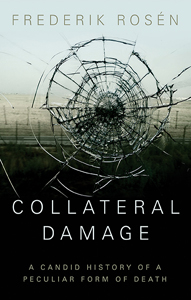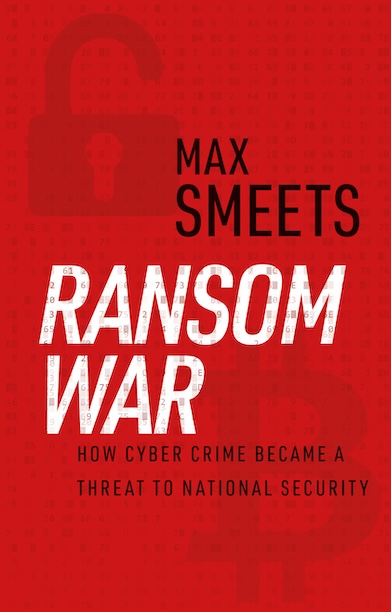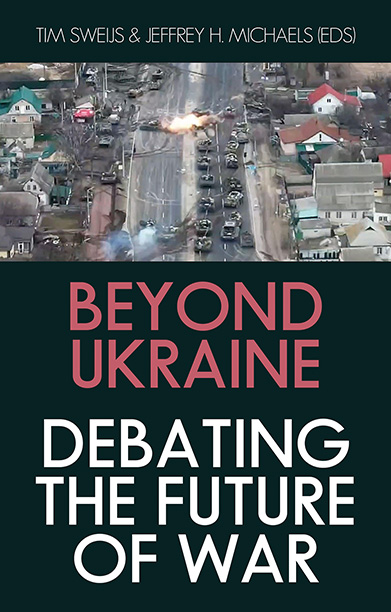Collateral Damage
A Candid History of a Peculiar Form of Death
Part of the Critical Strategic Studies seriesA sober, unsettling reflection on the ethics of non-combatant deaths and how a once little-known term entered the global vocabulary of conflict
Description
The dilemmas precipitated by the unintentional but foreseen killing of civilians in war, or ‘collateral damage’, shape many aspects of military conduct. Yet noticeable by its absence has been a methodical examination of the place and role of collateral damage in modern warfare. This book offers a fresh perspective on this most distressing aspect of war.
Rosén sorts out a number of commonly held misconceptions about collateral damage and scrutinises related key legal and political issues. His intriguing enquiry reveals how the problem is essentially linked to our ideas of authority, thereby anchoring it to the very heart of the existential riddles of our individual and collective lives.
The central theme of this investigation sheds new light on some of today’s critical challenges to war and global governance, including the growing role of non-state actors and the impact of military privatisation. As the author shows, collateral damage is intimately connected to debates about who may exert political authority and thus how a truly decentralised world order might be organised.
The victims of this peculiar form of death are in many ways under-represented and ignored, but they have a significance that extends far beyond the battlefield.
Table of contents
Introduction
1. The Third Category of Death
2. Urban Warfare and Collateral Damage
3. Collateral Damage and the Question of Legal Responsibility
4. Collateral Damage and Compensation
5. Lifting the Fog of War and Collateral Damage
6. How Bad Can Be Good
7. A Death Without Sacrifice
8. Collateral Damage or Accident?
9. A Private Call for Collateral Damage?
10. A Place Between it All
Reviews
‘Rosen describes in stark terms the distinction between terror bombing and collateral damage … Readers of this book may never quite see collateral damage in the same way again.’ — International Affairs
‘Rosen’s handling of the problem is interdisciplinary in character and hugely skillful. His analysis draws upon an impressive range of legal, theological, and philosophical sources and engages an interesting selection of cases. … This is a genuinely original and interesting book that sheds new light on a difficult but important topic.’ — Small Wars & Insurgencies
‘Frederik Rosén’s new book challenges the way we think about violence. He dares us to look anew – and without flinching – at killing civilians in war. What do we mean when we talk about evil? Or sacrifice? Or “an accident”? Rosén argues passionately and without scaremongering that questions of collateral damage are fundamentally about who rules the world. And in a startling conclusion, he finds a way out of the abyss.’ — Joanna Bourke, Professor of History at Birkbeck, University of London, and author of Wounding the World: How Military Violence and War-Play Invade our Lives
Author(s)
Frederik Rosén is a Senior Researcher at the Danish Institute for International Studies and has published widely on a range of topics related to military force and global governance. He holds a PhD in Political Science from the University of Copenhagen.






